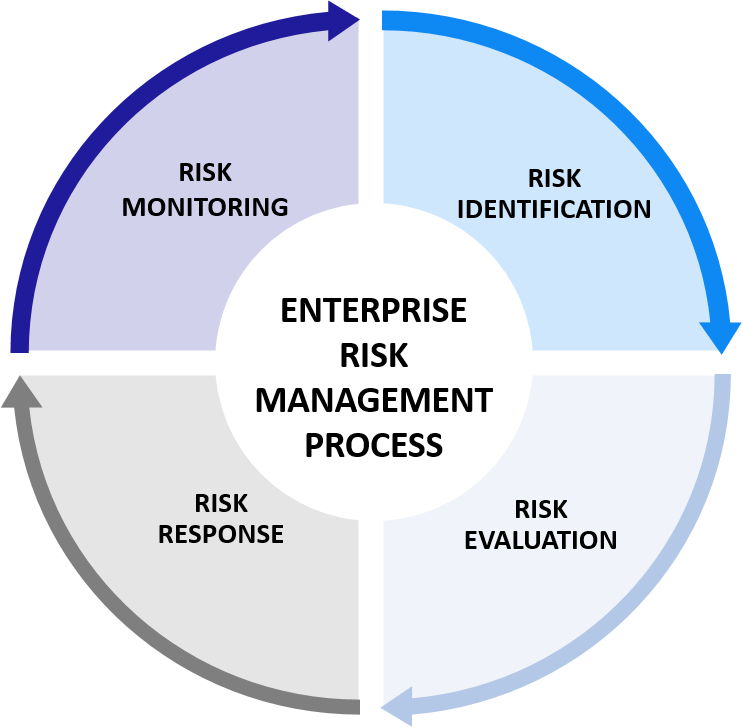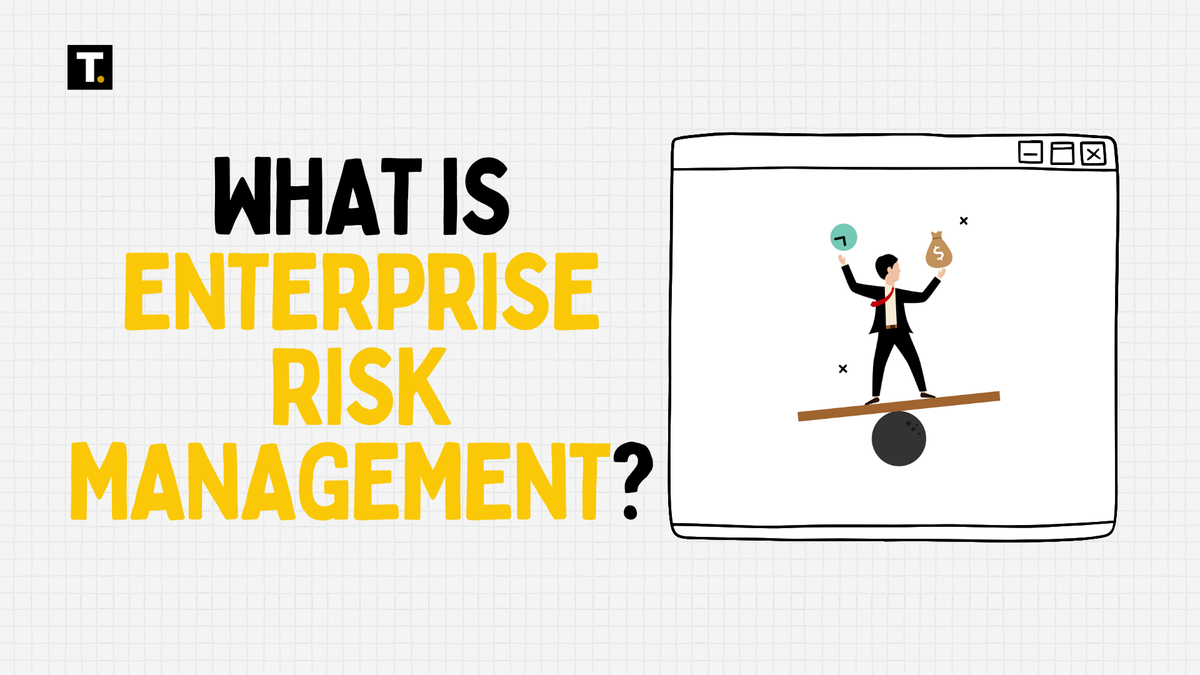Discover the Role of AI in Encouraging Ethics and Stability to Fight Insider Threats Successfully
The combination of AI in business frameworks has come to be critical in resolving insider risks. By using innovative analytics and real-time monitoring, AI systems can determine discrepancies from ethical habits amongst workers (Insider threats). This proactive method not just enhances conformity however likewise cultivates a setting of count on. As firms significantly count on these innovations, questions develop regarding their performance and potential ramifications for workplace society. What lies ahead in the development of AI's duty in advertising honesty?
Recognizing Expert Threats and Their Effect On Organizations
Companies typically concentrate on external hazards, expert dangers posture a substantial risk that can threaten security and integrity. These threats arise from individuals within the company, such as service providers or employees, that might abuse their access to delicate details for personal gain or malicious intent. The effect of insider threats can be extreme, causing economic losses, reputational damages, and legal implications.
Aspects adding to expert risks consist of discontentment with the office, absence of oversight, and insufficient staff member training on safety and security protocols. Organizations often battle to determine these dangers, as they can be tough to spot till considerable damage has taken place. Prevention techniques must concentrate on fostering a society of trust and liability, alongside executing durable tracking and reporting systems. By identifying and dealing with the complexities of insider threats, companies can enhance their protection pose and protect their useful assets from inner risks.
The Evolution of AI in Workplace Security
As organizations significantly confront varied safety obstacles, the assimilation of expert system (AI) in work environment protection has developed considerably. At first, AI applications concentrated mostly on automating standard safety and security procedures, such as gain access to control and security. Nevertheless, innovations in artificial intelligence and data analytics have changed AI into an aggressive tool efficient in determining possible threats and susceptabilities in real-time.
Organizations now leverage AI-driven systems to analyze vast quantities of data, enabling them to discover anomalous actions that may indicate insider hazards. This development has actually led to the growth of sophisticated algorithms that can gain from historic incidents, enhancing the system's predictive abilities. Additionally, AI devices are significantly utilized to enhance case response processes, permitting safety and security groups to act swiftly and properly.
Exactly How AI Monitors Employee Actions for Ethical Compliance
Expert system plays a crucial function in checking worker behavior to ensure ethical compliance within companies. AI systems examine huge quantities of information produced by employees, consisting of interactions, purchases, and access to delicate information. By using advanced formulas, these systems can identify inconsistencies from established ethical criteria and company plans.
Artificial intelligence designs continuously adjust to identify patterns of behavior that might suggest moral violations, such as unauthorized information accessibility or unusual transaction activities. Insider threats. Additionally, AI-driven devices can provide real-time signals to management, assisting in prompt interventions when possible risks are found
The integration of AI into conformity monitoring not only enhances the company's ability to support stability yet likewise promotes a society of liability amongst workers. By advertising transparency, AI systems act as a deterrent versus dishonest habits, ensuring that workers stay lined up with business worths and moral standards.
Examining Patterns: Determining Risky Actions With AI
An expanding variety of companies are leveraging AI to analyze patterns that might suggest high-risk actions amongst workers. By utilizing sophisticated algorithms, these systems can look with substantial amounts of information, recognizing abnormalities in individual actions that can recommend potential insider risks. AI can discover unusual access patterns to delicate info, such as workers accessing documents outside their normal scope of work or throughout atypical hours. In addition, behavioral analytics can highlight frequent changes in a staff member's communication design or cooperation behaviors, which may signify underlying concerns. This aggressive method enables companies to pinpoint risk variables before they rise into significant hazards. As a result, the assimilation of AI into checking practices not just enhances safety but additionally fosters a society of accountability and moral habits. By identifying these patterns, organizations can better understand the behavioral characteristics within their workforce, ultimately promoting a more secure and more ethical work atmosphere.
Real-Time Insights: Immediate Feedbacks to Potential Risks
Real-time insights via predictive analytics and automated alert systems play a necessary role in attending to possible hazards to values and integrity. By leveraging these modern technologies, companies can prepare for high-risk actions and react without delay to mitigate risks. This positive technique boosts responsibility and cultivates a society of honesty in various environments.
Anticipating Analytics Applications

Automated Alert Solutions
Anticipating analytics offers a foundation for companies to enhance their responsiveness to ethical concerns via automated sharp systems. These systems use real-time information to monitor tasks, identifying abnormalities that might indicate prospective insider hazards. By leveraging artificial intelligence algorithms, automated informs can determine patterns of actions that differ developed norms, permitting for quick intervention. This immediacy is important in mitigating dangers connected with unethical techniques. Additionally, automated alert systems can simplify interaction among pertinent stakeholders, making sure that potential threats are resolved quickly and properly. As organizations significantly count on AI-driven remedies, the combination of automated sharp systems will certainly play an essential duty in fostering a society of principles and honesty, inevitably protecting organizational properties.
Fostering a Culture of Depend On With AI-Driven Transparency
AI-driven transparency can substantially enhance trust within companies by advertising accountability and open communication. With real-time monitoring remedies, stakeholders can gain insights into procedures and decision-making, promoting a culture of stability. Data-driven decision-making better supports this openness, making it possible for informed choices that align with ethical requirements.
Enhancing Transparency and Responsibility
Exactly how can organizations successfully cultivate a society of trust fund? By improving openness and liability via the critical usage of synthetic intelligence. AI can aid companies systematically track decision-making processes, making sure that my site actions line up with established moral requirements. This transparency enables workers to see the reasoning behind choices and plans, minimizing uncertainty and promoting a sense of fairness. Additionally, AI-driven tools can facilitate clear interaction relating to responsibilities and expectations, encouraging people to take ownership of their actions. As accountability becomes embedded in the business culture, staff members are extra likely to involve in moral habits, knowing their activities are checked and examined. Ultimately, this approach cultivates an atmosphere where count on can flourish, considerably alleviating the risk of expert hazards.
Real-Time Tracking Solutions
As companies significantly look for to foster a society of count on, real-time surveillance options arise as a pivotal tool in boosting transparency. These AI-driven systems continually track activities, offering understandings into customer behavior and possible anomalies that may show expert dangers. By executing such surveillance services, companies can proactively determine threats, guaranteeing timely reactions to suspicious tasks. This not only safeguards delicate details but likewise enhances a commitment to ethical techniques. Furthermore, the clear nature of real-time monitoring assists construct employee confidence, as people are mindful that their actions are being observed for the higher good. Eventually, these solutions offer to grow a workplace environment based in trust fund, responsibility, and honest stability, essential for mitigating insider hazards properly.

Data-Driven Decision Making
Real-time surveillance solutions prepared for data-driven choice production, which substantially enhances organizational transparency. By leveraging AI modern technologies, organizations can analyze large quantities of information to determine patterns and abnormalities a sign of potential insider threats. This analytical approach enables stakeholders to make informed decisions grounded in empirical proof, cultivating a society of click here to read depend on amongst workers. Transparency in decision-making processes, reinforced by AI-driven insights, encourages liability and moral habits. Furthermore, it enables organizations to proactively address susceptabilities, making certain that activities taken are justified and communicated plainly. Because of this, the implementation of data-driven techniques not only minimizes risks related to expert dangers however also reinforces the worths of stability and honest conduct within the organizational structure.
Future Patterns: The Role of AI in Enhancing Office Ethics
While organizations progressively turn to expert system for operational performance, the capacity of AI to enhance office principles is gaining importance. Future patterns show that AI will play a vital role in creating ethical structures and guidelines, permitting organizations to navigate complicated moral issues. By evaluating large quantities of information, AI can recognize patterns of unethical habits and offer insights that advertise transparency and responsibility.
Furthermore, AI-driven devices can help with real-time surveillance of worker communications, assuring adherence to honest standards. This positive method not only reduces expert hazards but additionally grows a culture of integrity. As organizations welcome AI technologies, they need to additionally focus on moral programming and algorithmic predisposition decrease to assure fairness.
In this developing landscape, the combination of AI in moral techniques represents a transformative change, cultivating an environment where integrity is not just anticipated but methodically reinforced.
Frequently Asked Concerns
Just How Does AI Differentiate In Between Benign and Malicious Actions?
AI distinguishes in between benign and destructive activities by assessing patterns in user behavior, employing machine discovering algorithms to recognize abnormalities, and reviewing contextual data to identify whether activities align with recognized norms or show potential dangers.
Can AI Devices Replace Person Judgment in Honest Decision-Making?
AI tools can not fully replace human judgment in moral decision-making. While they can assess information and recognize patterns, the nuanced understanding of context, worths, and moral ramifications still requires go to this website human insight and discernment.
What Are the Personal Privacy Effects of AI Keeping An Eye On Worker Actions?

How Can Organizations Make Certain AI Algorithms Are Morally Created?
Organizations can ensure AI formulas are ethically developed by applying transparent development procedures, entailing diverse stakeholders, conducting normal audits, and adhering to established moral frameworks that prioritize justness, liability, and respect for user privacy and civil liberties.
What Training Is Needed for Personnel to Comprehend Ai's Honest Duty?
Staff training should incorporate fundamental AI ethics, data privacy, and predisposition awareness. Workshops, study, and interactive sessions can enhance understanding, guaranteeing employees acknowledge AI's honest effects and its function in cultivating stability within the organization.
Man-made intelligence plays an essential duty in checking employee behavior to assure moral compliance within companies. The assimilation of AI right into keeping an eye on practices not only improves safety and security however additionally fosters a culture of liability and ethical habits. While companies increasingly face ethical predicaments and possible integrity breaches, predictive analytics applications offer timely insights that can assist reduce these risks. Predictive analytics provides a foundation for organizations to boost their responsiveness to honest problems with automated alert systems. Future trends suggest that AI will play a necessary duty in establishing honest structures and guidelines, permitting organizations to navigate intricate moral problems.